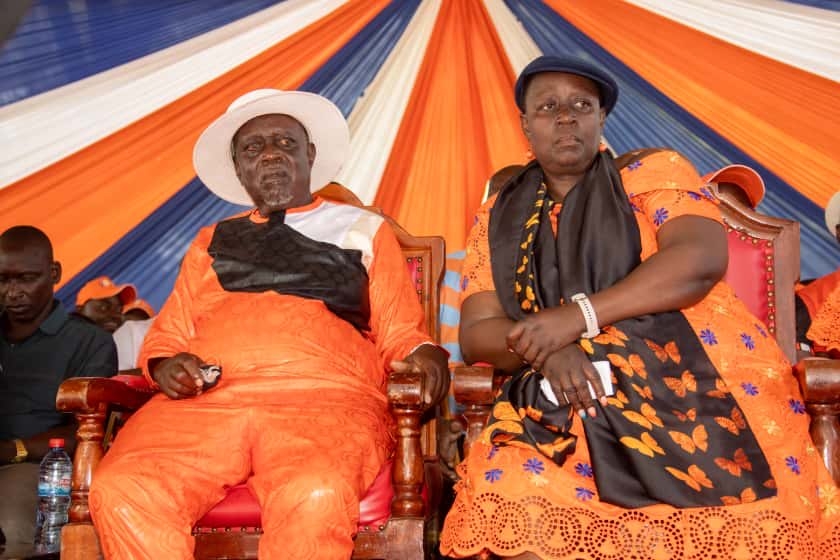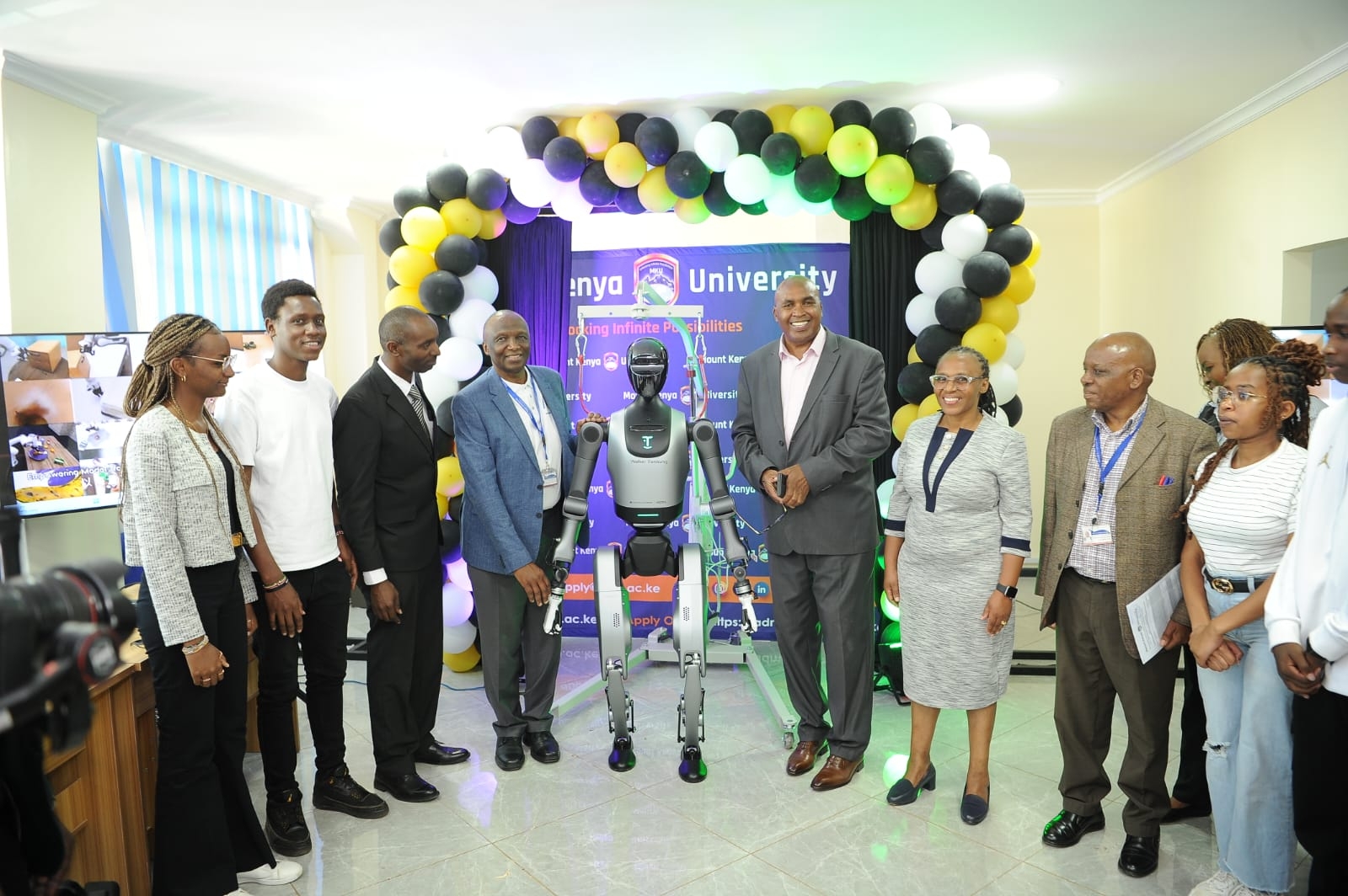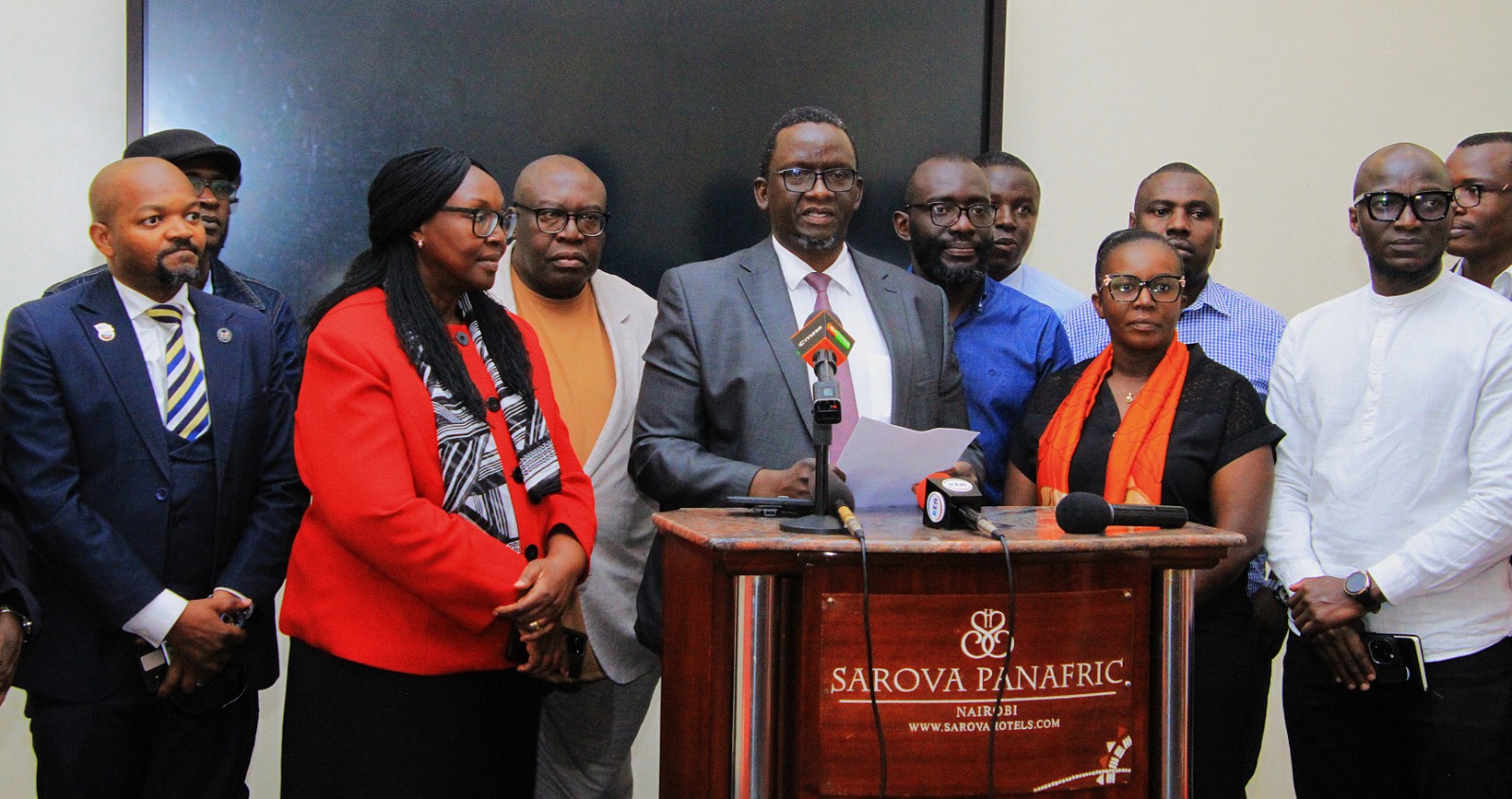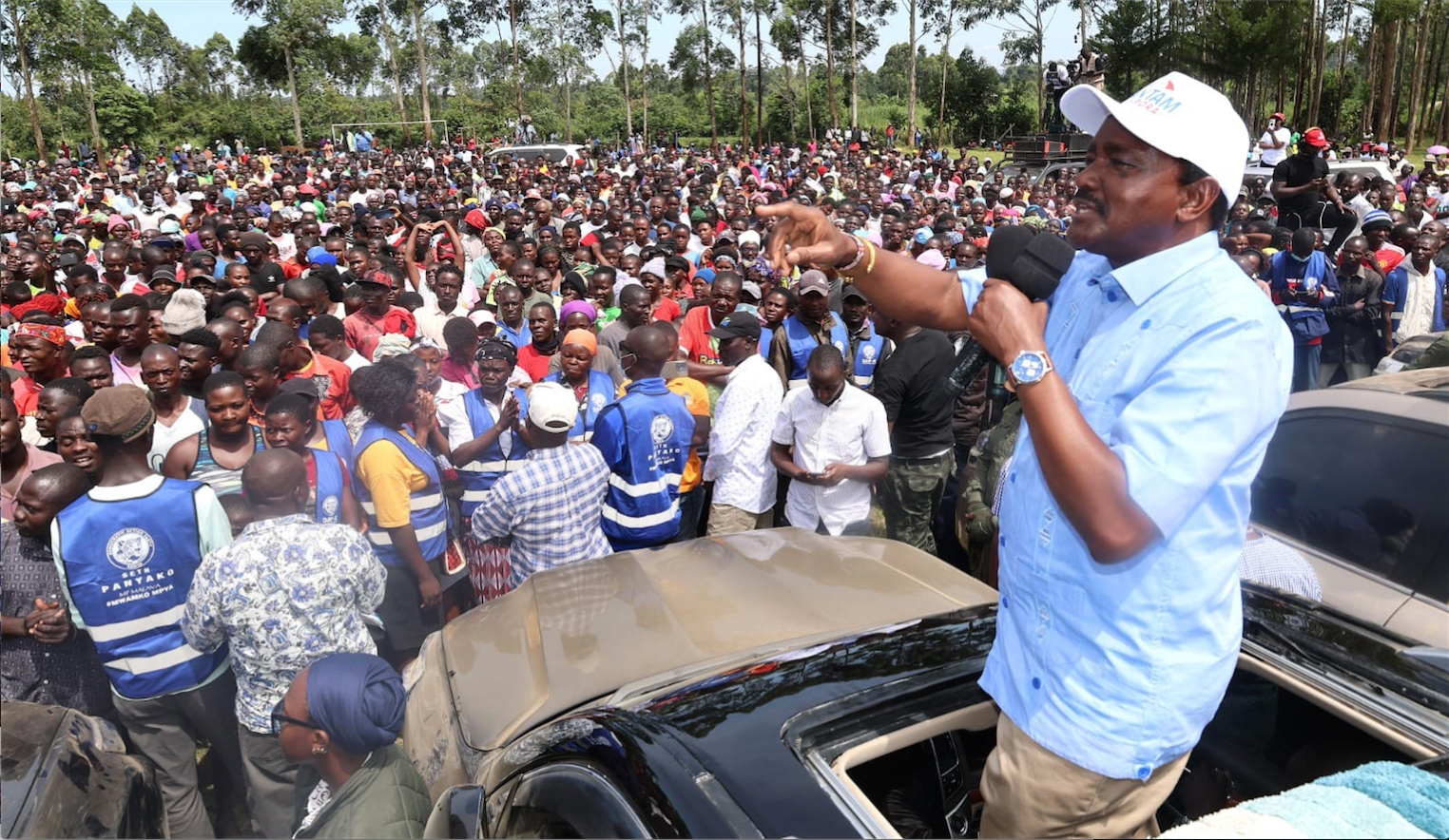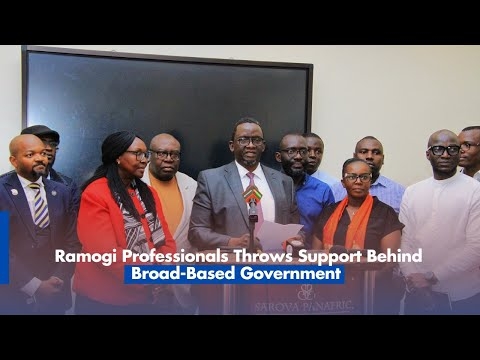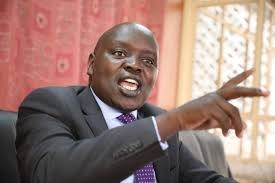President William Ruto has been urged to halt the plan to use GMOs as an alternative to combat food insecurity to allow proper public participation.
The National Council Churches of Kenya raised concerns over the decision to authorise the importation, planting and consumption of GMO foods.
Nyanza NCCK regional chairman Bishop David Kodia questioned whether the government has conducted scientific research to ascertain the safety and impact of GMO foods in the country.
“Which body conducted the research? Where? What assurance does a farmer who produces organic foods for export have that their products will still be accepted abroad?” Kodia asked.
Kodia spoke during a church conference in Kisumu on Sunday.
“Unless these pertinent questions are adequately and satisfactorily answered the president should halt the implementation of the GMO in the country,” he said.
The Constitution, Kodia said, envisions a government that is transparent and accountable to its people, and Kenyans must be engaged on issues affecting them.
The bishop said the government should instead enact farmer-favourable policies and channel more resources to agriculture infrastructural projects and human capital to cushion farmers against unfair competition and unreliable rainfall patterns.
He pointed out that proper policies will address crop and livestock pests and diseases among others issues that have perennially bedeviled the agriculture sector.
“We believe that this country has immense resources to produce enough organic foods for our own consumption and surplus for exports,” Kodia said.
The chairman called on the Kisumu and Siaya governments to cooperate with the national government to ensure the revitalisation of rice and sugar cane farming in Ahero and Yala swamps respectively.
The counties have also been urged to focus on reviving the textile industry and cotton production.
The NCCK also wants churches to be well represented in the recently appointed task force to review CBC.
“It is unfortunate that the church, which ironically sponsors a majority of schools in this country, is rarely involved in curriculum development nor the running of the schools,” Kodia said.
The church demanded that the President reconstitutes the task force he formed on CBC, to incorporate it.
Kodia asked the national and county governments to offer support services to churches to roll out chaplaincy and counselling services to children in schools.
“We believe is the surest way to eradicate cultism in schools and to bring to control cases of depression, stress, drugs and substance abuse,” he said.
(Edited by Tabnacha O)



